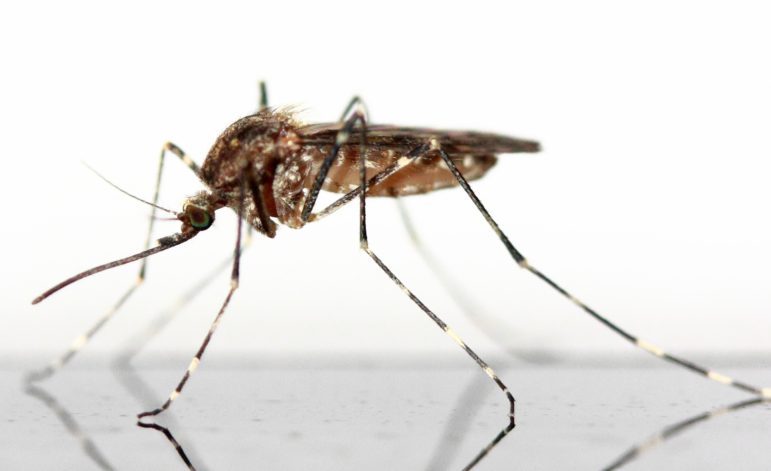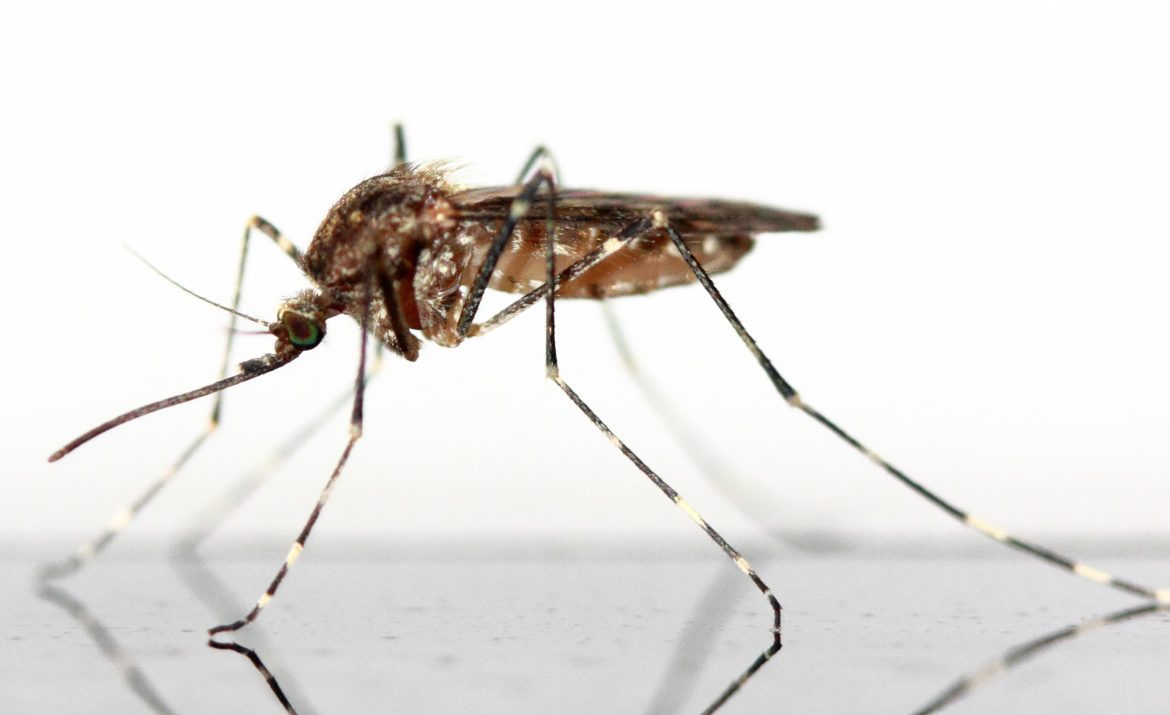
The following information was provided by the Watertown Health Department:
Due to the risk level of Eastern Equine Encephalitis (EEE) in the Middlesex County, the Watertown Health Department is urging residents to take personal precautions to avoid mosquito bites. Even though no positive EEE mosquitoes have been identified in Watertown, the risk to acquire mosquito borne diseases continues until the first deep frost sets in.
The Watertown Health Department urges residents to continue to take steps to avoid mosquito bites by using repellents, limit outdoor activity during peak mosquito hours (dusk till dawn), and keep skin covered.
For further information regarding the Massachusetts Department of Public Health and Department of Agricultural Resources aerial spraying for EEE in critical and high risk communities, click here.
Avoid Mosquito Bites
Apply Insect Repellent when Outdoors.
The Centers for Disease Control and Prevention (CDC) recommends the use of a EPA-registered insect repellent that contains at least 20% DEET (Cutter Backwoods and Off! DeepWoods). Other repellents protect against mosquitos but may not be as effective. Picaridin (KBR 3023, Bayrepel, and icaridin), Oil of lemon eucalyptus (OLE or para-menthane-diol), IR3535. Always use any product according to the instructions on the product label.
DEET products should not be used on infants under two months of age and should be used in concentrations of 30% or less on older children. Oil of lemon eucalyptus should not be used on children under three years of age.
Be Aware of Peak Mosquito Hours. The hours from dusk to dawn are peak biting times for many mosquitos. Consider rescheduling outdoor activities that occur during evening or early morning.
Clothing Can Help Reduce Mosquito Bites. Wear long-sleeves, long pants, and socks when outdoors to help keep mosquitos away from your skin.
Mosquito-Proof Your Home
Drain Standing Water. Mosquitos lay their eggs in standing water. Limit the number of places around your home for mosquitos to breed by either draining or discarding items that hold water. Check rain gutters and drains. Empty any unused flowerpots and wading pools, and change the water in birdbaths frequently.
Install or Repair Screens. Keep mosquitos outside by having tightly-fitting screens on all of your windows and doors.
Protect Your Animals
Animal owners should reduce potential mosquito breeding sites on their property by eliminating standing water from containers such as buckets, tires, and wading pools – especially after heavy rains. Water troughs provide excellent mosquito breeding habitats and should be flushed out at least once a week during the summer months to reduce mosquitos near paddock areas. Horse owners should keep horses in indoor stalls at night to reduce their risk of exposure to mosquitos. Owners should also speak with their veterinarian about mosquito repellents approved for use in animals and vaccinations to prevent West Nile Virus (WNV) and EEE. If an animal is diagnosed with WNV or EEE, owners are required to report to DAR, Division of Animal Health by calling 617-626-1795 and to the Department of Public Health (DPH) by calling 617-983-6800.
More information, including all WNV and EEE, can be found on the Arbovirus Surveillance Information web page at www.mass.gov/dph/mosquito

Watertown is currently in a low-risk EEE region as rated by the MA Department of Health and Human Services. People should adopt behaviors to avoid bites, but we are not currently High Risk.
http://www.mosquitoresults.com/